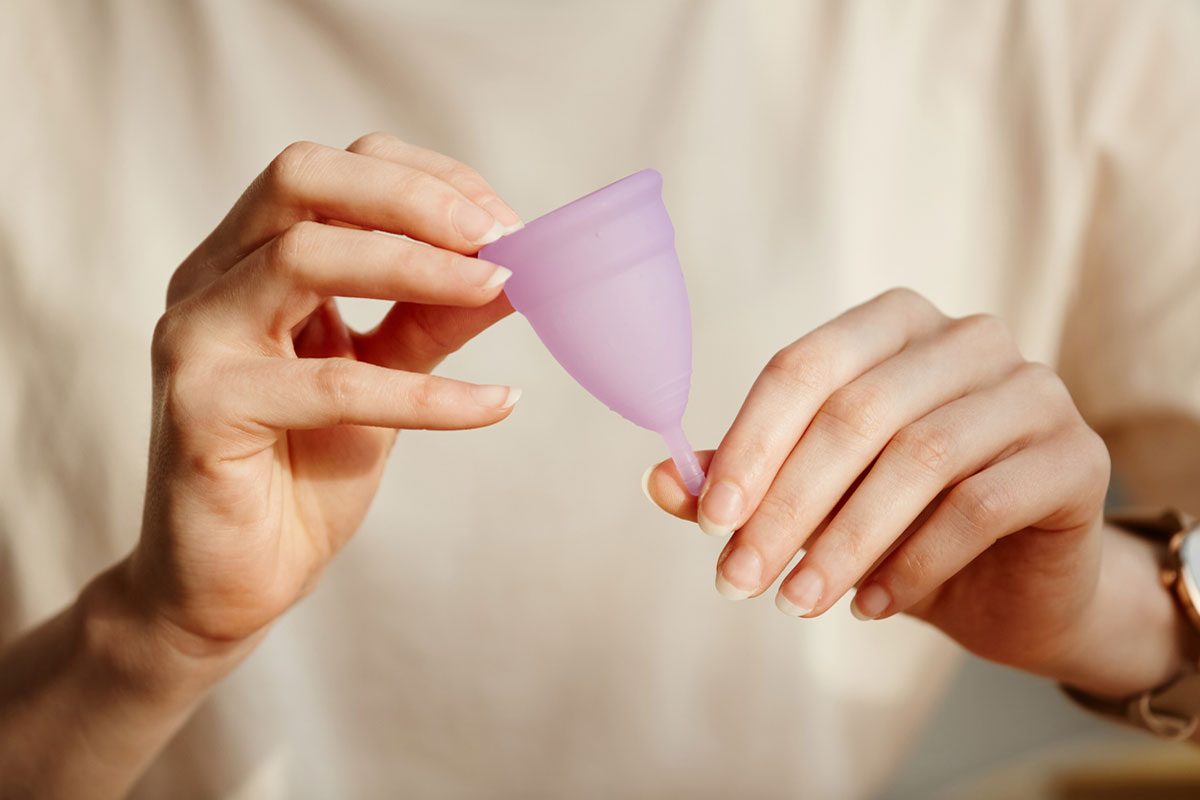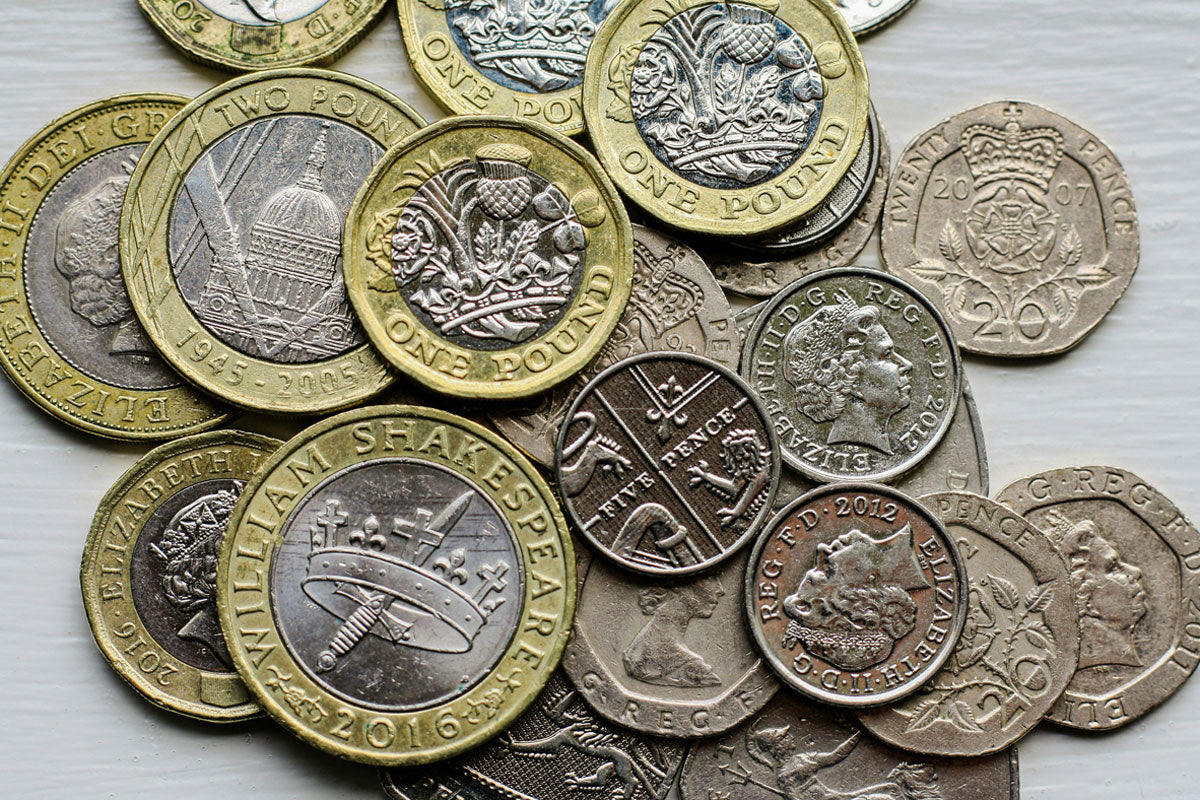In a world where basic human needs should be accessible to all, it's disheartening to acknowledge that something as natural as menstruation continues to subject millions of women and girls to profound struggles. Unfortunately, many menstruators around the world do not have the privilege of choice when it comes to menstrual products - this may be due to economic limitations or the need for product access.
Period poverty refers to the inability to access sanitary products, adequate menstrual hygiene education, toilets, handwashing facilities, and waste management. It's a multifaceted issue that intertwines with factors such as poverty, gender inequality, and cultural taboos surrounding menstruation. For many, the monthly arrival of menstruation brings not only physical discomfort but also emotional distress and financial strain.
The Global Impact
Across the globe, millions of women and girls face the harsh reality of period poverty daily. In developing countries, inadequate access to menstrual products and sanitation facilities exacerbates health risks, leading to infections and reproductive complications. Additionally, the shame attached to menstruation often results in exclusion from educational and economic opportunities, perpetuating the cycle of poverty. For example, in specific environments, the use of internal menstrual hygiene materials like tampons can be considered culturally inappropriate.
Even in developed nations, period poverty persists. High prices of menstrual products, compounded by systemic inequalities and lack of access to affordable healthcare, leave marginalised communities particularly vulnerable. Homeless women and those living in poverty often resort to using improvised materials like socks or newspapers, compromising their health and dignity.
The Toll on Mental and Physical Well-being
Beyond the physical implications, period poverty takes a toll on mental well-being. The shame and embarrassment associated with not being able to afford menstrual products contribute to feelings of inadequacy and isolation. Moreover, the inability to manage menstruation with dignity can lead to anxiety and depression, further perpetuating the cycle of poverty and marginalisation. A study conducted by The World Bank in 2023 concluded that as many as 500 million people across the globe lack access to essential menstrual products and hygienic bathroom facilities for use during their menstrual cycles. Lack of access to such products, such as disposable period pads and tampons, can lead to missed school or work days and health risks from unhygienic practices. Therefore, it's crucial to continue raising awareness, educating communities and supporting initiatives to provide better access to menstrual products for all.
Advocating for Change
The first step in addressing period poverty is breaking the silence surrounding menstruation. Open and inclusive conversations about menstruation foster understanding, combat stigma, and empower individuals to demand action from policymakers. Education plays a pivotal role in dispelling myths and misconceptions surrounding menstruation, empowering women and girls to take charge of their reproductive health.
Concerted efforts are needed at the grassroots and policy levels to effectively tackle period poverty. Governments must prioritise menstrual health and hygiene in their healthcare agendas, ensuring access to affordable menstrual products and sanitation facilities for all. Furthermore, initiatives aimed at destigmatising menstruation and promoting menstrual equity are essential to creating an inclusive society where every individual can manage their menstruation with dignity and respect.
As individuals, we can actively contribute to the fight against period poverty by supporting organisations and initiatives that provide menstrual products and education to those in need. At Sanavay, we prioritise the health and well-being of those in need by helping as many charitable organisations as possible. Additionally, advocating for policy changes and challenging societal norms perpetuating menstrual stigma are crucial steps towards creating a more equitable world.
Conclusion
Period poverty is not just a women's issue—it's a human rights issue. By breaking the silence, advocating for change, and fostering inclusive dialogue, we can work towards a future where menstruation is no longer a barrier to health, education, and dignity. Let's strive to create a world where everyone can manage their period with pride and without fear of discrimination or shame.
Sanavay prioritises the health and well-being of those in need by supporting as many charitable organisations as we possibly can.


